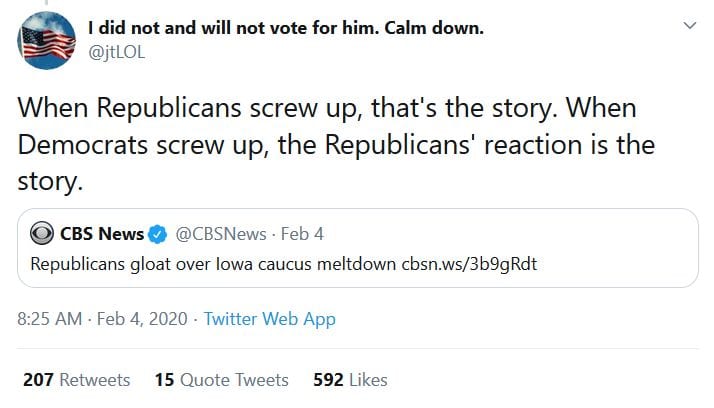AMERICA IS RUNNING OUT OF EVERYTHING:
The container situation is even weirder than it looks. With demand surging in the United States, shipping a parcel from Shanghai to Los Angeles is currently six times more expensive than shipping one from L.A. to Shanghai. J.P. Morgan’s Michael Cembalest wrote that this has created strong incentives for container owners to ship containers to China—even if they are mostly empty—to expedite the packing and shipping of freights in Shanghai to travel east. But when containers leave Los Angeles and Long Beach empty, American-made goods that were supposed to be sent across the Pacific Ocean end up sitting around in railcars parked at West Coast ports. Since the packed railcars can’t unload their goods, they can’t go back and collect more stuff from filled warehouses in the American interior.
And what about the truckers who are needed to drive materials between warehouses, ports, stores, and houses? They’re dealing with a multidimensional shortage too. Supply-chain woes have backed up orders for parts, such as resin for roof caps and vinyl for seats. But there’s also a crucial lack of people to actually drive the rigs. The Minnesota Trucking Association estimates that the country has a shortage of about 60,000 drivers, due to longtime recruitment issues, early retirements, and COVID-canceled driving-school classes.
In short, supply chains depend on containers, ports, railroads, warehouses, and trucks. Every stage of this international assembly line is breaking down in its own unique way. When the global supply chain works, it’s like a beautifully invisible system of dominoes clicking forward. Today’s omnishambles is a reminder that dominoes can fall backwards too.
* * * * * * * *
This has not yet added up to a recession. But it portends a massively frustrating holiday-shopping period, especially for households with a habit of buying presents at the last minute. “I’ve been doing this for 43 years and never seen it this bad,” Isaac Larian, the founder and CEO of the toy maker MGA Entertainment, told Bloomberg. “Everything that can go wrong is going wrong at the same time.” USPS has already announced price hikes for the winter holidays. To avoid paying those surcharges and suffering the yuletide wrath of disappointed children, the recommended course of action is clear: If you want it by December 25, start placing those orders soon. Everyone complains when stores start playing carols and advertising holiday sales in October. This year, “Christmas creep” is your best shopping strategy. Either that, or prepare the kids to celebrate Christmas morning some time in January.
Even John Gill’s Biden’s White House has noticed: ‘There will be things that people can’t get,’ at Christmas, White House warns.
Naturally, the Reuters article has a “Republicans seize!” angle to it:
Republican strategists are seizing on possible Christmas shortages to bash Biden’s policies as inflationary, and thwart his attempt to push a multitrillion-dollar spending package through Congress in coming weeks.
A recent opinion piece by Steve Cortes, a onetime adviser to former President Donald Trump, dubbed the upcoming holiday season “Biden’s Blue Christmas,” continuing in a long tradition of conservatives criticizing Democrats over celebrations around the Christian holiday.
Trump, considered the front-runner Republican candidate for president in 2024, blasted it out in a mass email through his political action committee, Save America.
Seth Weathers, a Republican strategist who ran Trump’s Georgia campaign in 2016, said they see a local impact. “People here in Georgia are paying twice as much for items than they paid a year ago, and they are blaming Biden. He’s in charge.”
A Quinnipiac poll released last week showed Biden is losing the public’s trust on the economy, with only 29% of public thinking the U.S. economy is in “good” or “excellent” condition, compared with 35% in April.
“President Biden could use a holiday season win,” Quinnipiac polling analyst Tim Malloy said. “A slowdown of holiday season deliveries and the financial strain that comes with it would be coal in the stocking for the administration at the close of the first year in office.”
As Jim Treacher likes to say:

